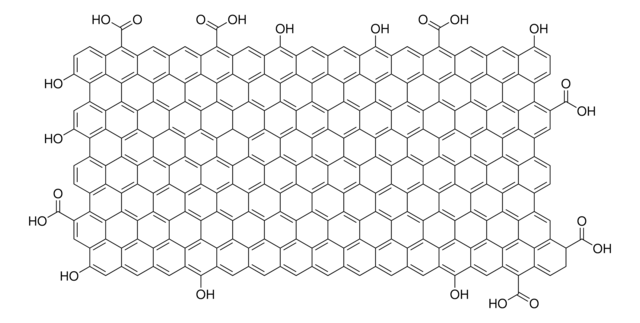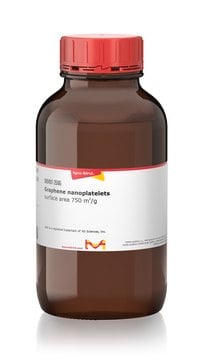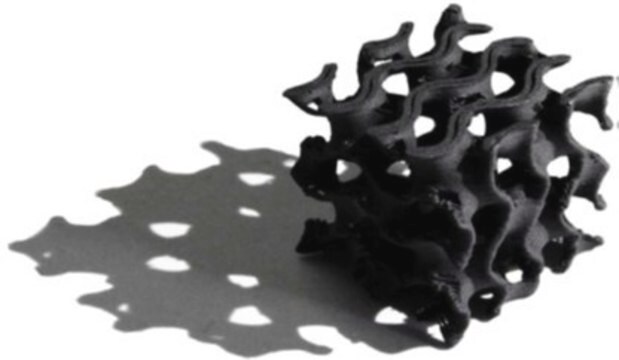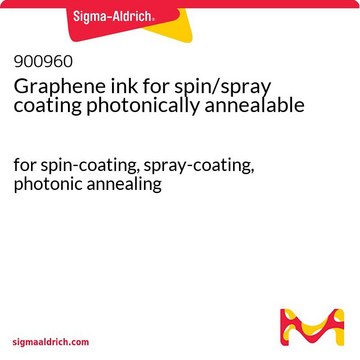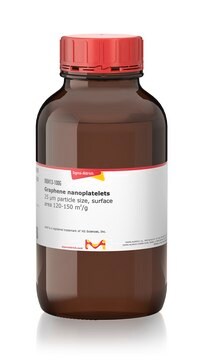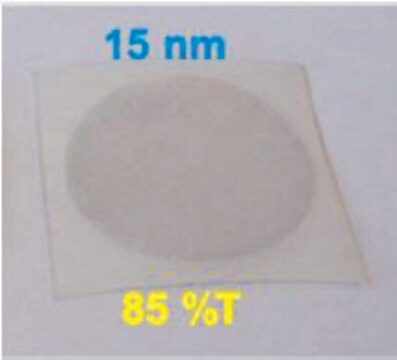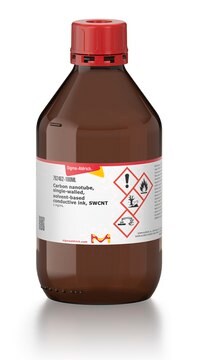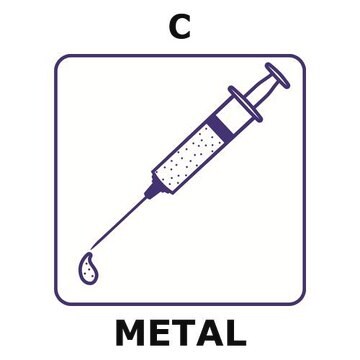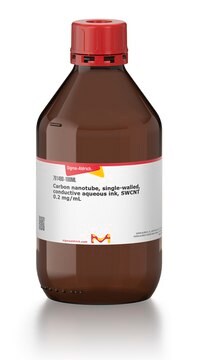798983
Graphene dispersion
for screen printing, with ethyl cellulose in terpineol, screen printable
Synonym(s):
Graphene ink, conductive ink
About This Item
Recommended Products
product name
Graphene ink, for screen printing, with ethyl cellulose in terpineol, screen printable
Quality Level
form
liquid
composition
Solid content, 13-20%
greener alternative product characteristics
Design for Energy Efficiency
Learn more about the Principles of Green Chemistry.
sustainability
Greener Alternative Product
resistivity
0.003-0.008 Ω-cm, thermally annealed 300 °C for 30 minutes, film thickness >100 nm, 25 °C
particle size
≤3 μm
viscosity
5-50 Pa.s(25 °C) (shear viscosity at 10 s-1)
bp
213-218 °C (Terpineol)
density
0.9-1.1 g/mL at 25 °C
greener alternative category
SMILES string
OC(C1=C2C(C3=C(C4=C(C5=C(C6=C(C7=C(C8=C(C9=C(C%10=C(C%11=C(C%12=C(C%13=C(C%14=C(C%15=CC=C%16O)C%16=C%17)C%17=C%18)C%18=C%19C(O)=O)C%19=C%20)C%20=C%21O)C%21=C%22)C%22=C%23)C%23=C%24O)C%24=C%25)C%25=C%26C(O)=O)C%26=C%27)C%27=C2)=C%28C%29=C(C%30=C%31C%28=C%3
Looking for similar products? Visit Product Comparison Guide
General description
Application
Curing Condition: 250-350 °C, 20-30 min
The printed films are generally too thick for photonic annealing, so the substrate will need to be compatible with the thermal curing conditions (typically 250-300 C for 30 minutes works well for most applications). Suggested substrates include Si/SiO2 and polyimide.
Legal Information
Signal Word
Warning
Hazard Statements
Precautionary Statements
Hazard Classifications
Eye Irrit. 2 - Skin Irrit. 2
WGK
WGK 3
Choose from one of the most recent versions:
Already Own This Product?
Find documentation for the products that you have recently purchased in the Document Library.
Customers Also Viewed
Articles
Professor Gogotsi and Dr. Shuck introduce MXenes: a promising family of two-dimensional materials with a unique combination of high conductivity, hydrophilicity, and extensive tunability.
Graphene is a unique two-dimensional (2D) structure of monolayer carbon atoms packed into a dense honeycomb crystal that has attracted great interest due to its diverse and fascinating properties.
Graphene is a one-atomic-layer thick two-dimensional material made of carbon atoms arranged in a honeycomb structure. Its fascinating electrical, optical, and mechanical properties ignited enormous interdisciplinary interest from the physics, chemistry, and materials science fields.
Since its discovery little more than a decade ago,1 the two-dimensional (2D) allotrope of carbon—graphene—has been the subject of intense multidisciplinary research efforts.
Our team of scientists has experience in all areas of research including Life Science, Material Science, Chemical Synthesis, Chromatography, Analytical and many others.
Contact Technical Service